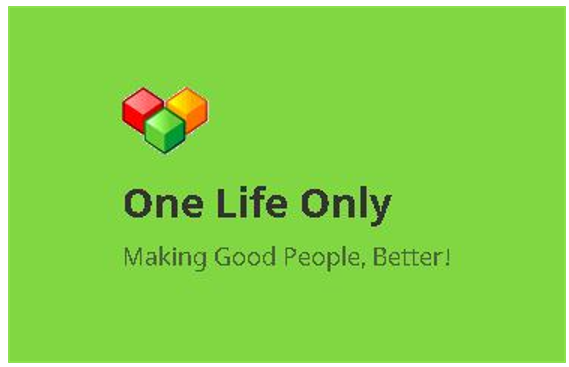by Nathan Chua
Just like probably most of you, I have had questions about whether counseling is worth the effort and the risks involved. Common reasons would be:
- The stigma attached to seeking assistance from a mental health practitioner,
- Talking to a stranger about very private information is scary,
- Counselor might not be as good as you would expect,
- it could even worsen your situation.
I have also asked some of the experts in my field that I know. Why would risking talking to a stranger be worth it when these problems would soon go away anyway?
Here are some examples of what I mean:
- Well, I haven’t had anxious feelings lately because my partner and I haven’t had anything to fight about.
- I haven’t had any trouble with my addictions, I just stayed away from the places that tempted me to indulge and besides I’ve recently had a religious epiphany!
- Yes, it was tough for a while but the memory of my departed loved one has not been as present as it had been, after a year of grieving and also keeping myself busy with work and my kids really helped.
- I didn’t have to have those tough moments at work, I just asked for a transfer to another department to avoid that boss I couldn’t work with.
- Hey, we were close but drifted apart because we had a disagreement. It is what it is. I’ll live.
Well, here’s a metaphor that I would like to share with you to sort of provide my answer to these objections about counseling. If someone you know got rich because of a process of growing a business and learning from mistakes, compared to someone you know that got rich because that person inherited a large sum of money, then you and I can say that both achieved the same outcome. But the processes were different.
The point here is that there are places and moments where and when you can stay away from the hard stuff that comes with life, but where are you going to go where the thought of the substance, trauma, or abuse or failure or loss, doesn’t go?
Counseling is an invitation to you to join in a process, a journey, through the direction you thought you were capable of taking if only those nasty experiences weren’t there for the ride. And maybe they won’t stop riding along with you. So the work is about how it is that you can bring those painful experiences with you as you stay the course.
And I would bet that that course was established by that younger version of you before you came across this thing between your ears that continues to remind you of past pains, continues to judge, and to compare and stop you from being that innocent you, who just wanted to see and be seen, to love and be loved, to accept and be accepted. In a way it’s sort of a journey towards regaining our innocence. There is a term for that innocence throughout humankind’s history: the ancients called it spirituality and in contextual behavioral science, we call it you-as-context.
Let me end with a quote from Dr. Steven C. Hayes, the instigator of ACT or Acceptance and Commitment Therapy, that can partly explain what it means when we lose our innocence and regain that spiritual sense of ourselves:
“Language has been said to have produced a “loss of innocence” in humankind. The story of Adam and Eve is perhaps a reflection of this thought. Spirituality is said by some to reestablish a kind of “experienced innocence.” Like the Zen koan that asks “does a dog have Buddha-nature?” We find that we cannot really go back, but that spirituality (you-as-context) offers one possible solution to the dilemma. Through a second type of contingency-shaped behavior, it may weaken automatic rule-control and allow the direct contingencies themselves to take more control. As one Eastern monk puts it “When I am hungry, I eat; When I am tired, I sleep.”
Hope to see you soon, here at One Life Only.

